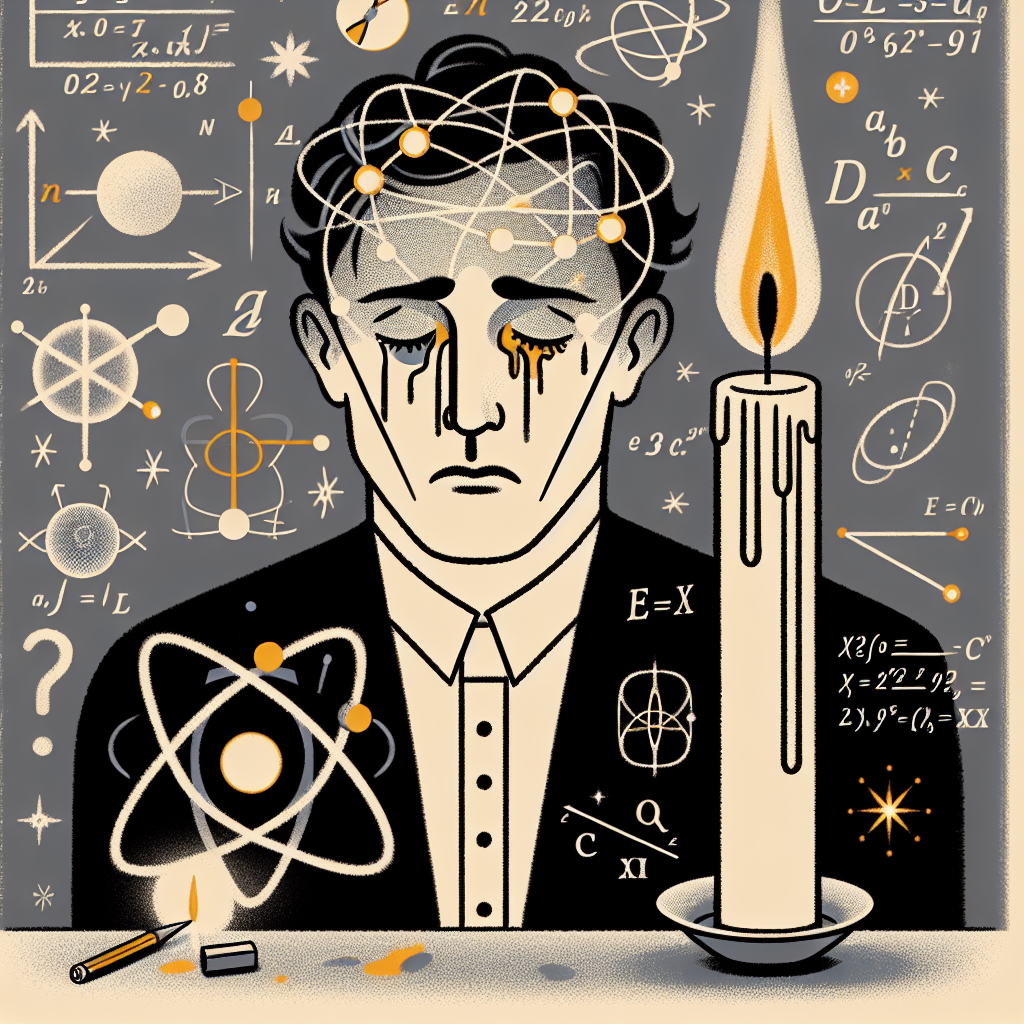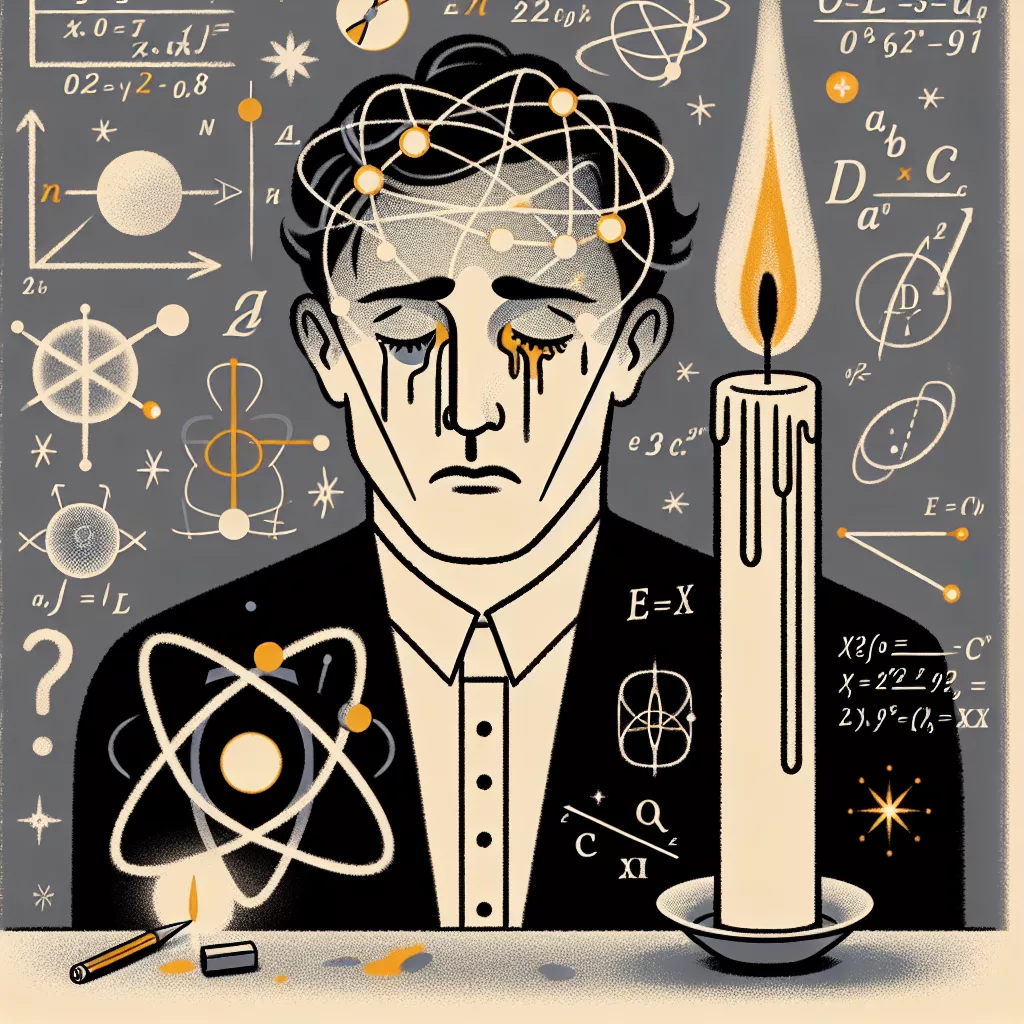Physicists face a unique burnout risk, juggling intricate theories and heavy workloads, with the demanding quest for discovery taking a mental toll.

- Intense focus on complex problem-solving tasks.
- High expectations from peers and institutions.
- Long working hours in research and experiments.
- Pressure to secure grants and funding.
- Frequent need for publishing impactful papers.
- Limited opportunities for work-life balance.
- Competition in a rapidly evolving field.
The statistical analysis of career burnout among physicists indicates a mild level of severity.
Reasons Physicists burnout
According to the science to date there are key reasons people burnout at work. Here’s our top reasons why Physicist in the Education category has a burnout risk of Mild:
One of the primary reasons you might experience burnout in a physicist role is the intense pressure for results. The field often demands groundbreaking discoveries and continuous innovation, which can be overwhelming. You might also encounter funding challenges. Securing grants and financial support is a persistent task, integral to conducting research, but it often involves extensive administrative work that can detract from scientific pursuits. Long working hours are another contributing factor. The dedication required for experiments and theoretical work often demands time beyond the typical workday, leading to poor work-life balance. The competitive environment in academia or private research can also be a source of stress. You may feel pressured to publish frequently and secure patents, which can lead to exhaustion. If you’re part of a research team, you might face collaborative conflicts. Differing opinions and goals among team members can add to the strain, making it difficult to maintain harmony. Lastly, the constant need for up-skilling is ever-present. Physics is a rapidly evolving field, and staying updated with the latest methodologies and technologies can be taxing if not managed well. Addressing these factors through effective time management, seeking mental health support, and cultivating a supportive work environment can help mitigate burnout risks.
Burnout rate data for Physicist/Education
While data on burnout among physicists is limited, there is some valuable information in the field of education. Burnout in education is often discussed in the context of teachers and administrative staff. A well-regarded source for this topic is the National Education Association, which regularly conducts research and surveys to assess the prevalence and impact of burnout among educators. You can find more information on their findings at (https://www.nea.org/research).
The American Psychological Association also offers resources and data on the topic of burnout in education, providing insights into symptoms and preventative strategies for educators. For additional details, refer to their dedicated page at (https://www.apa.org/ed/precollege/ptn/2020/11/educator-burnout).
Do you have experience of Burnout as a Physicist or in Education?
Share your story about Physicist burnout on our share your story page.
Burnout in Education
Career Burnout Rates > Burnout in Education > Physicist Burnout


